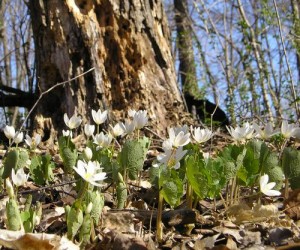Lughnasa Waning Honey Extraction Moon
More butting my head against a language that any 4 year old in ancient Rome could speak and a reasonably intelligent 5 year old could read. I guess there is a plateau affect here and I’m standing on one right now. I can see the path I’ve taken to get here, off to my back, but the road ahead lies blocked, beginning at a point somewhere above me, as if I stand before a cliff.
Not complaining, just observing. I’m here by choice and I know that.
Groveland asked me for a sermon topic, something I’m going to preach on October 9th, exactly a week before our cruise. A month and a half is a long lead time, so I went back through this blog, hunting for a topic that interested me and one that might interest Grovelanders, too.
Here’s what I sent them:
Spiritual Resources for the Humanist
What resources do we have, those of us no longer in the Christian faith? Or those of us never in it? What resources do we have to replenish the spirit and feed the Self?
The Western cultural tradition, a great river of classical literature and fine arts has enough nourishment for several lifetimes. We’ll explore works like the Bible, Ovid’s Metamorphoses and Dante’s Inferno and how to use them for our personal growth.
I lifted the phrase the great river of the classics from one of my favorite authors, Camille Paglia. Other eras have used the writings of the Greeks, the Jews, the Romans and the Italians in particular as stimulus for reflection, contemplation, meditation. I’ll toss in a few later writers like Kafka, Camus, Goethe, Hesse, Tolstoy, Isaac Bashevis Singer, probably Rainer Rilke and Wallace Stevens, too.
Might toss in a few works of art, perhaps Goya, the color field painters, Song dynasty potters and painters, perhaps a Tibetan Buddhist thangka.
I suppose I’ll have to start by considering the nature of resources for spirituality, something I’ve come of late to define as enrichment, expansion, deepening of the Self. But count on a Latin phrase or two, just because I can.

